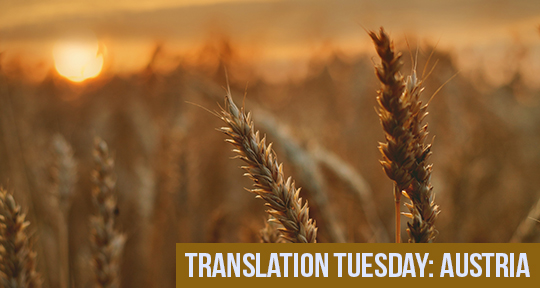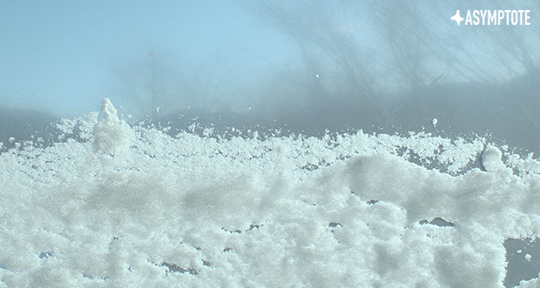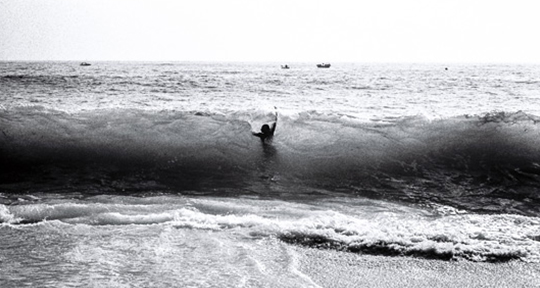This week, our writers bring you news from Argentina, Sweden, and Iran. In Argentina, book fairs have moved events online and well-known trans writer Camila Sosa Villada has spoken about the benefits of trans literature; in Sweden, newspapers have been publishing full-length novels as a daily series for Summer; and in Iran, a new book of letters by Abbas Kiarostami has faced publication rights controversy. Read on to find out more!
Allison Braden, Co-Editor-at-Large, reporting from Argentina
This year, the 46th annual Buenos Aires Book Fair was postponed indefinitely. The spring gathering, predictably, had to adapt to limitations imposed by coronavirus, but the change of plans was nevertheless a huge loss to the booksellers and industry professionals who rely on the blockbuster event, which attracts upwards of 10,000 visitors over the course of the fair. However, Fundación El Libro, the organization that puts on the fair, opted to go a different route for its children’s book fair. That programming will be held virtually, beginning this coming Monday, July 20, and continuing through the end of the month. Organizers promise hundreds of digital activity opportunities for children and young adults, which may provide welcome relief to parents.
Even with the book fair on hold, other efforts to promote Argentine literature around the world continue. Programa Sur, one of the most robust programs of its kind in the Spanish-speaking world, was developed in 2016 to offer grants to incentivize small and medium publishers abroad to release Argentine books in translation. Since its inception, the program site boasts that “over 800 foreign publishers from 46 countries have applied for support in the translation of 1,060 works by more than 380 Argentine authors into 40 languages.” The program is accepting applications through September.
Those stuck at home in Argentina and abroad, looking to keep their finger on the pulse of literary news and views, may turn to news organization RED/ACCIÓN’s weekly newsletter, Sie7e Párrafos (“seven paragraphs”). The Tuesday newsletter features readings and commentary on literature and nonfiction books, as well as occasional updates on the publishing industry. One recent issue featured a short interview with trans literary star Camila Sosa Villada. Interviewer Javier Sinay asked what the opportunities are for trans literature and what trans literature can contribute to the world. She answers, in my translation, “What happens when writing runs counter to the established canon? A kind of rupture in the peace promised by the rules of good writing . . . Now, you have the opportunity to read something unexpected, about unknown worlds and knowledge you never imagined.” Her answer underscores why the postponed book fair is such a loss and why Programa Sur remains so important. READ MORE…




